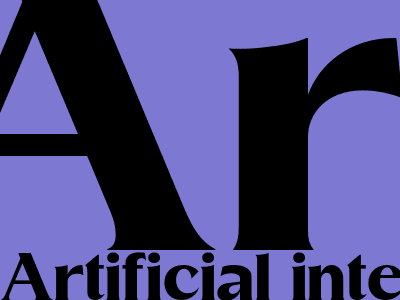
Artificial Intelligence Can Predict the Weather and Human Health
Precise Weather Forecasting
Human understanding of weather patterns has improved significantly due to artificial intelligence (AI) and its potential to analyze vast amounts of data and identify patterns that were previously difficult to detect. AI uses complex algorithms that can ingest real-time data from multiple sources, including weather stations, satellites, and radar systems. This enables AI to create highly accurate weather forecasts, which have become invaluable for various industries such as agriculture, transportation, and energy.
AI models can predict rainfall, snowfall, and temperature with greater accuracy and lead time, allowing businesses and individuals to plan and prepare accordingly. For example, AI can provide advanced warning of extreme weather events, reducing their impact and potentially saving lives.
Early Detection of Health Issues
AI has also made significant strides in predicting and diagnosing human health conditions with greater accuracy and earlier detection. By analyzing large datasets of medical records, genomic data, and lifestyle factors, AI algorithms can identify patterns and correlations that may indicate potential health issues.
In cardiology, AI can detect patterns in electrocardiograms and predict the risk of heart disease. It can analyze medical images to identify potential tumors or abnormalities in the early stages, providing opportunities for timely intervention and improved patient outcomes.
Benefits of AI in Weather and Health Prediction
- Improved accuracy and lead time for weather forecasts
- Early detection of health issues, leading to better patient outcomes
- Personalized medicine, tailoring treatments to individual needs
- Reduced healthcare costs through preventive care
- Informed decision-making for businesses and governments